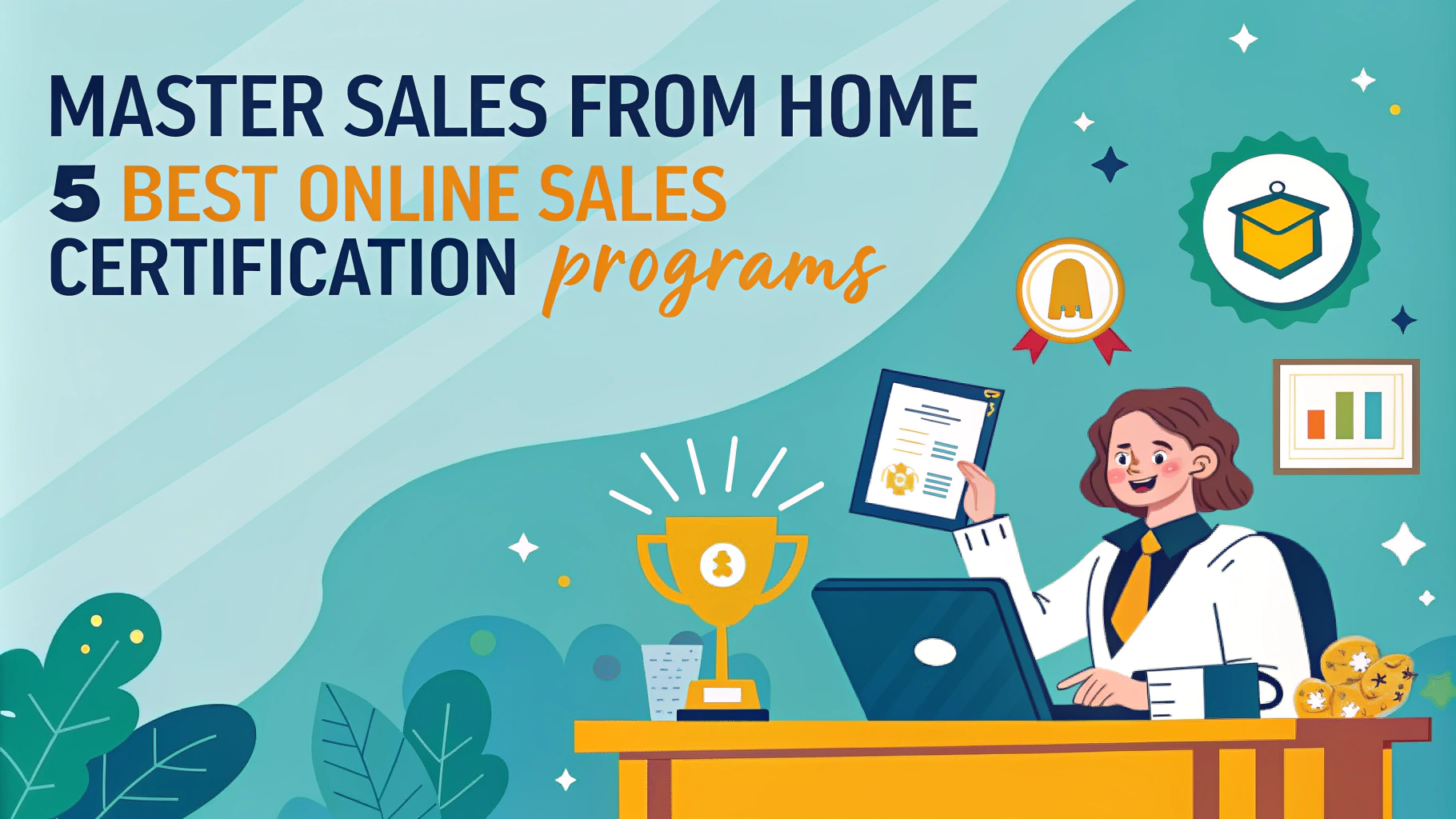Direct sales techniques form the backbone of successful sales strategies.
Understanding and implementing these techniques can significantly boost sales performance and client relationships.
This article explores key direct sales methods, offering insights to help sales professionals excel in their roles.
Understanding the Direct Sales Approach
Direct sales involve selling products or services directly to consumers, often outside of a fixed retail environment.
This method emphasizes personal interactions and relationship-building with potential customers.
Successful direct sales require a combination of product knowledge, interpersonal skills, and strategic thinking.
Key advantages of direct sales include:
- Personalized customer experiences
- Flexibility in sales approaches
- Potential for higher profit margins
- Direct feedback from customers
Developing a Strong Sales Pitch
A compelling sales pitch is crucial for capturing and maintaining customer interest.
Effective pitches should be concise, engaging, and tailored to the specific needs of the prospect.
Key elements of a strong sales pitch include:
- A clear value proposition
- Addressing customer pain points
- Demonstrating product benefits
- Using storytelling techniques
Practice and refine your pitch regularly to improve its effectiveness and your delivery confidence.
Mastering Objection Handling
Objection handling is a critical skill in direct sales, allowing salespeople to address customer concerns effectively.
Common objections include price, need, and timing concerns.
Techniques for handling objections:
- Listen actively to understand the root of the objection
- Acknowledge the customer’s concern
- Reframe the objection as a question or opportunity
- Provide a solution or alternative perspective
- Confirm the resolution with the customer
Regular role-playing exercises can help improve objection handling skills.
Leveraging Relationship-Building Techniques
Building strong relationships is fundamental to long-term success in direct sales.
Effective relationship-building strategies include:
- Active listening to understand customer needs
- Demonstrating genuine interest in the customer’s success
- Following up consistently and providing ongoing support
- Personalizing interactions based on individual preferences
Cultivating trust and rapport can lead to repeat business and referrals.
Implementing Effective Closing Techniques
Closing is the culmination of the sales process, requiring skill and timing.
Effective closing techniques include:
- The assumptive close
- The alternative close
- The summary close
- The urgency close
Tailor your closing technique to the customer’s personality and the specific sales situation.
Practice different closing methods to find which work best for you and your product.
Utilizing Technology in Direct Sales
Modern technology offers numerous tools to enhance direct sales effectiveness.
Key technological aids include:
- Customer Relationship Management (CRM) systems
- Sales automation software
- Video conferencing for remote demonstrations
- Social media platforms for prospecting and engagement
Integrate technology thoughtfully to complement, not replace, personal interactions.
Conclusion
Mastering direct sales techniques is an ongoing process that requires continuous learning and adaptation.
By focusing on developing a strong pitch, handling objections, building relationships, closing effectively, and leveraging technology, sales professionals can significantly enhance their performance.
Remember, the key to success in direct sales lies in balancing proven techniques with genuine customer care and adaptability to changing market conditions.
FAQs
- What is direct selling and how does it differ from retail sales?
Direct selling involves selling products or services directly to consumers outside of a fixed retail location, typically through one-on-one demonstrations, presentations, or personal contact. Unlike retail sales, direct selling eliminates intermediaries between the company and consumer. - What are the essential skills needed for success in direct sales?
Essential skills include effective communication, active listening, relationship building, time management, product knowledge, problem-solving, self-motivation, and the ability to handle rejection professionally. - How do I build a customer base in direct sales?
Build a customer base by networking, leveraging social media, attending industry events, asking for referrals, providing excellent customer service, and maintaining consistent follow-up with existing customers. - What are the most effective ways to overcome sales objections?
Address objections by listening carefully, acknowledging concerns, asking probing questions, providing specific solutions, sharing testimonials, and focusing on value rather than price. - How can I develop an effective sales presentation?
Create an effective presentation by identifying customer needs, highlighting key benefits, using demonstrations, incorporating storytelling, providing social proof, and including a clear call to action. - What are the legal requirements for direct selling?
Legal requirements include proper business registration, compliance with direct selling association guidelines, understanding cooling-off periods, maintaining accurate records, and adhering to truth-in-advertising laws. - How do I effectively manage my time as a direct sales professional?
Manage time by setting clear goals, prioritizing tasks, using a scheduling system, blocking time for prospecting, following up systematically, and tracking activities and results. - What role does social media play in modern direct sales?
Social media serves as a platform for brand building, customer engagement, product showcasing, relationship nurturing, lead generation, and expanding market reach through content marketing. - How do I maintain long-term relationships with customers?
Maintain relationships through regular communication, personalized service, loyalty programs, exclusive offers, consistent value delivery, and proactive problem resolution. - What are the most common mistakes to avoid in direct sales?
Common mistakes include overselling, neglecting follow-up, poor time management, insufficient product knowledge, focusing only on sales rather than relationships, and failing to set clear boundaries.





